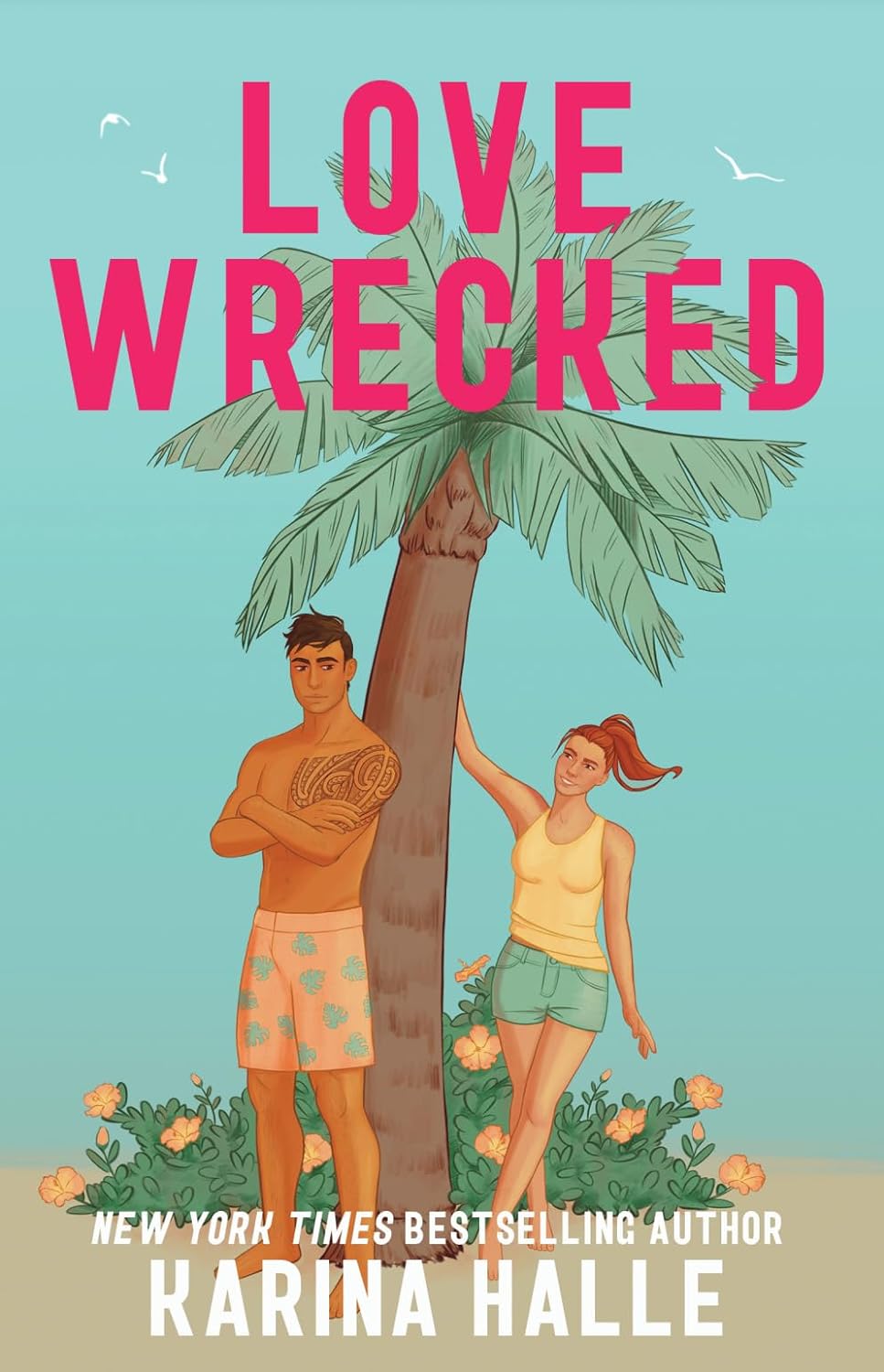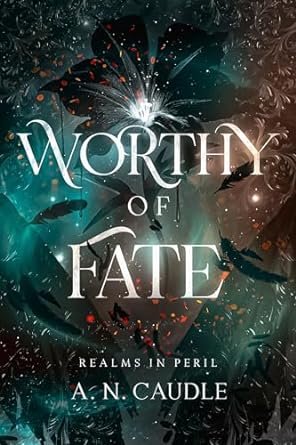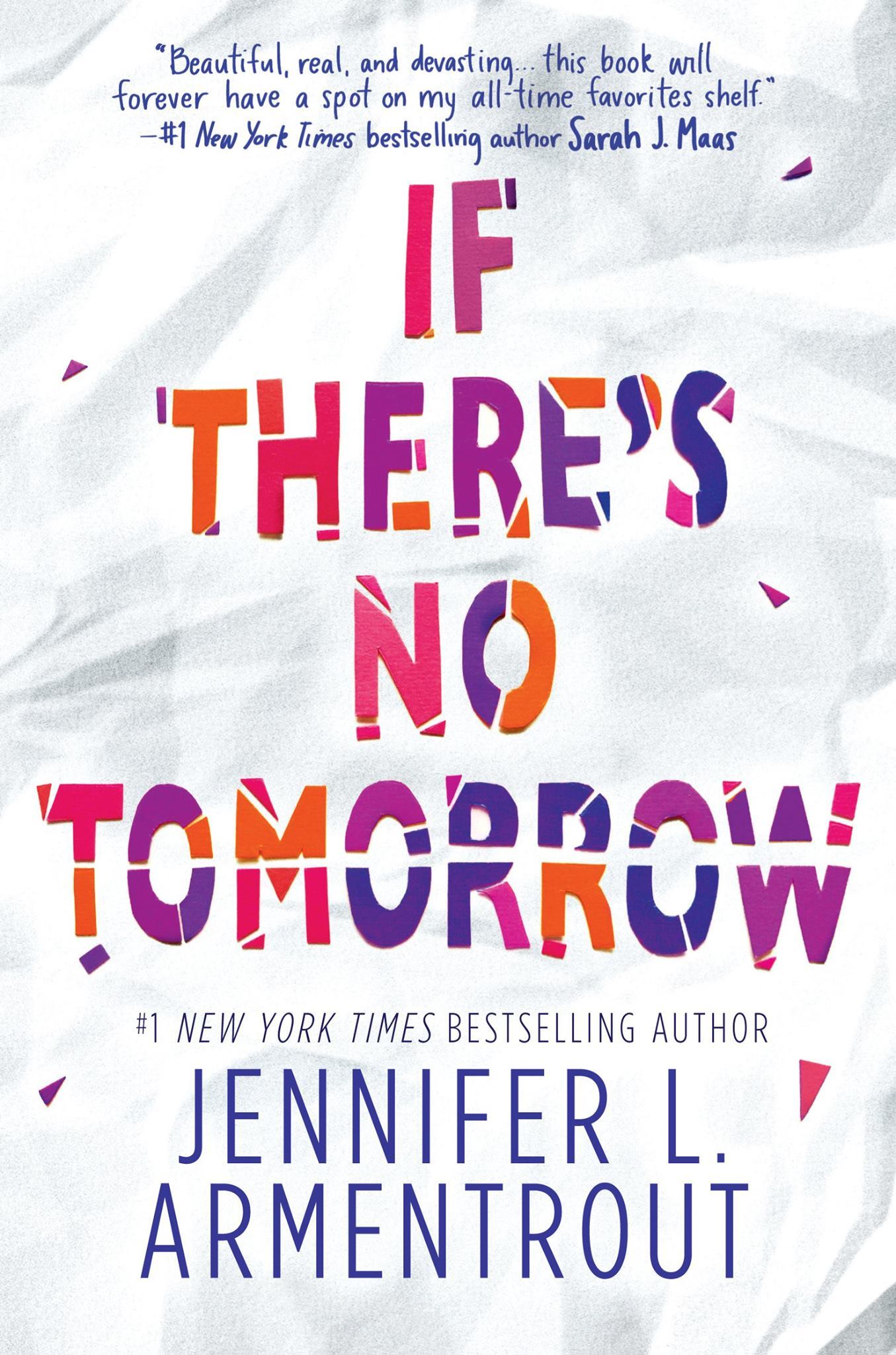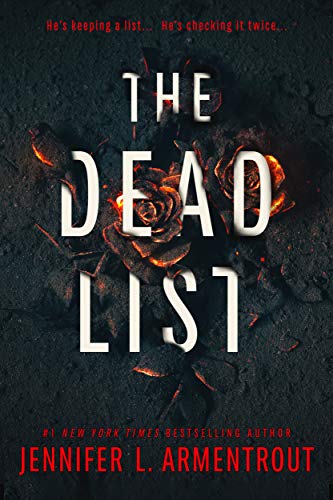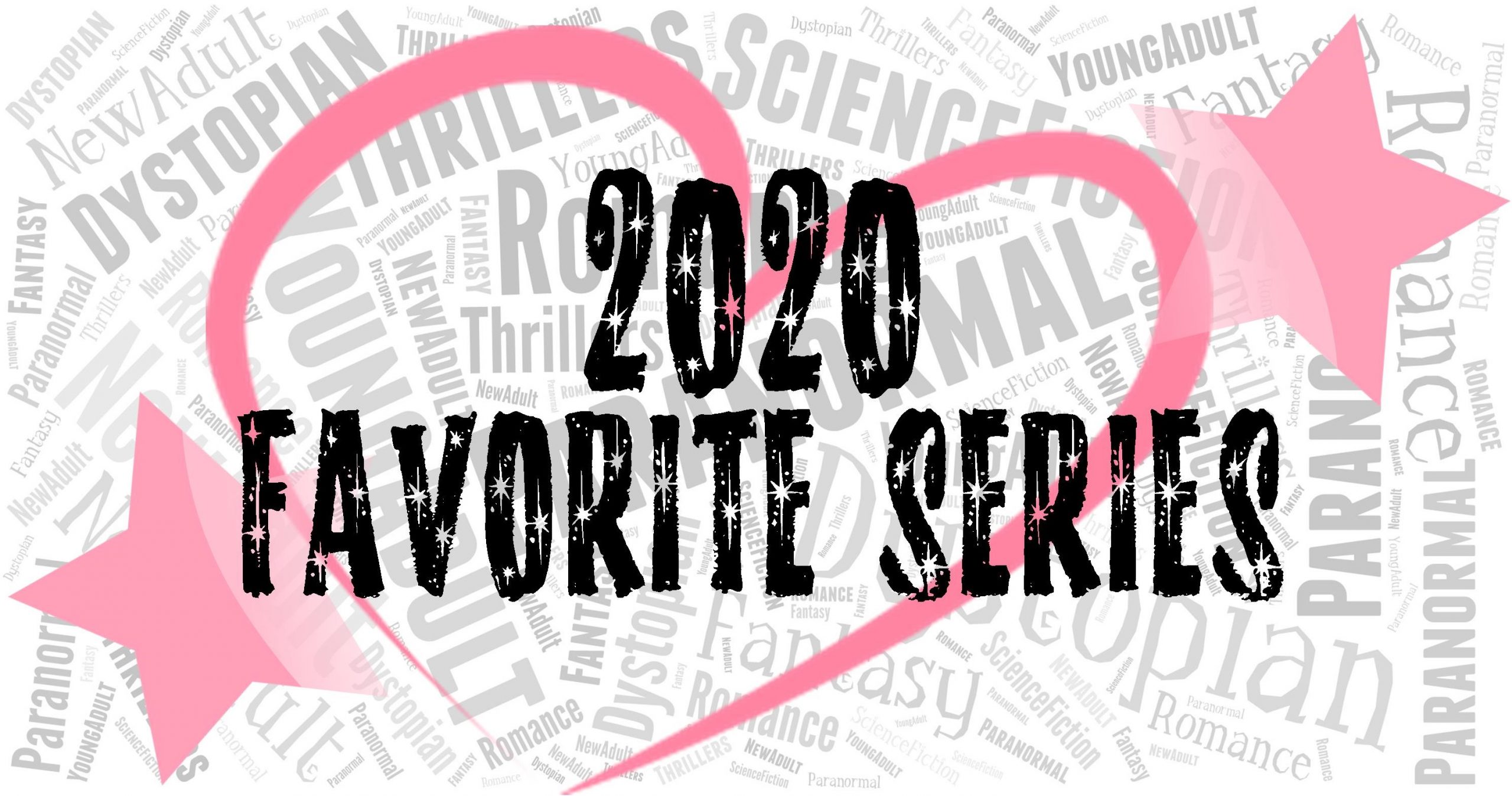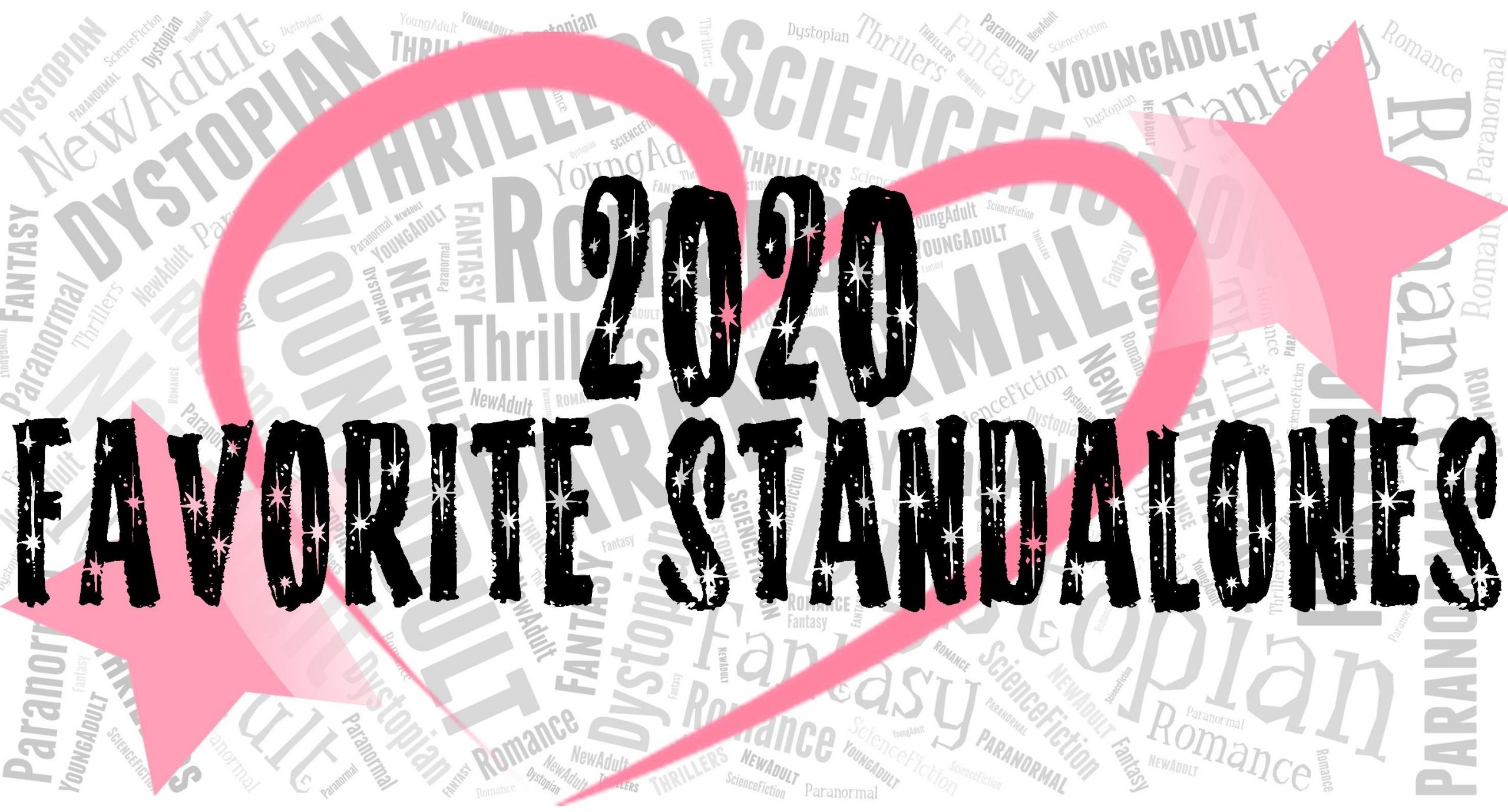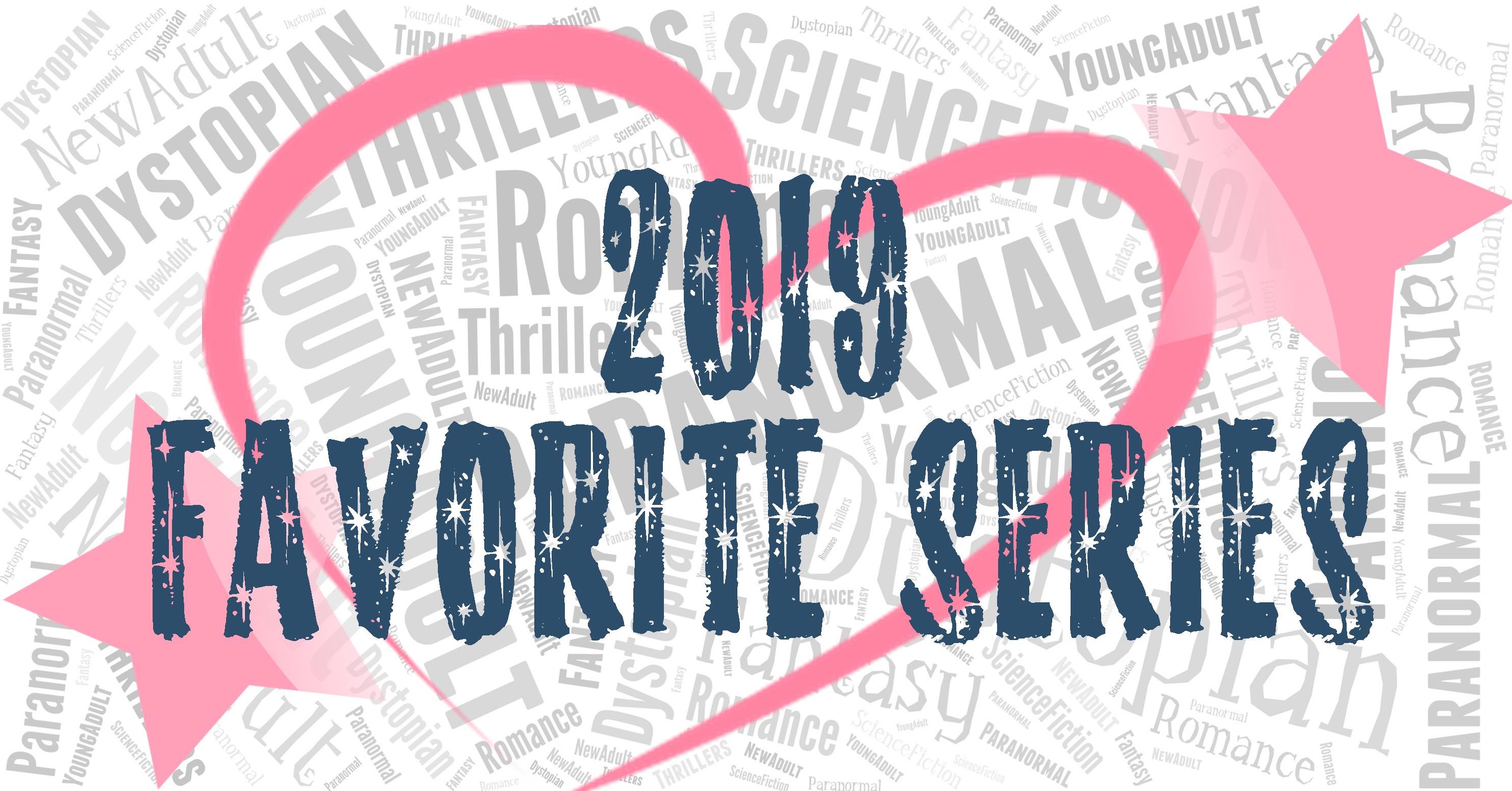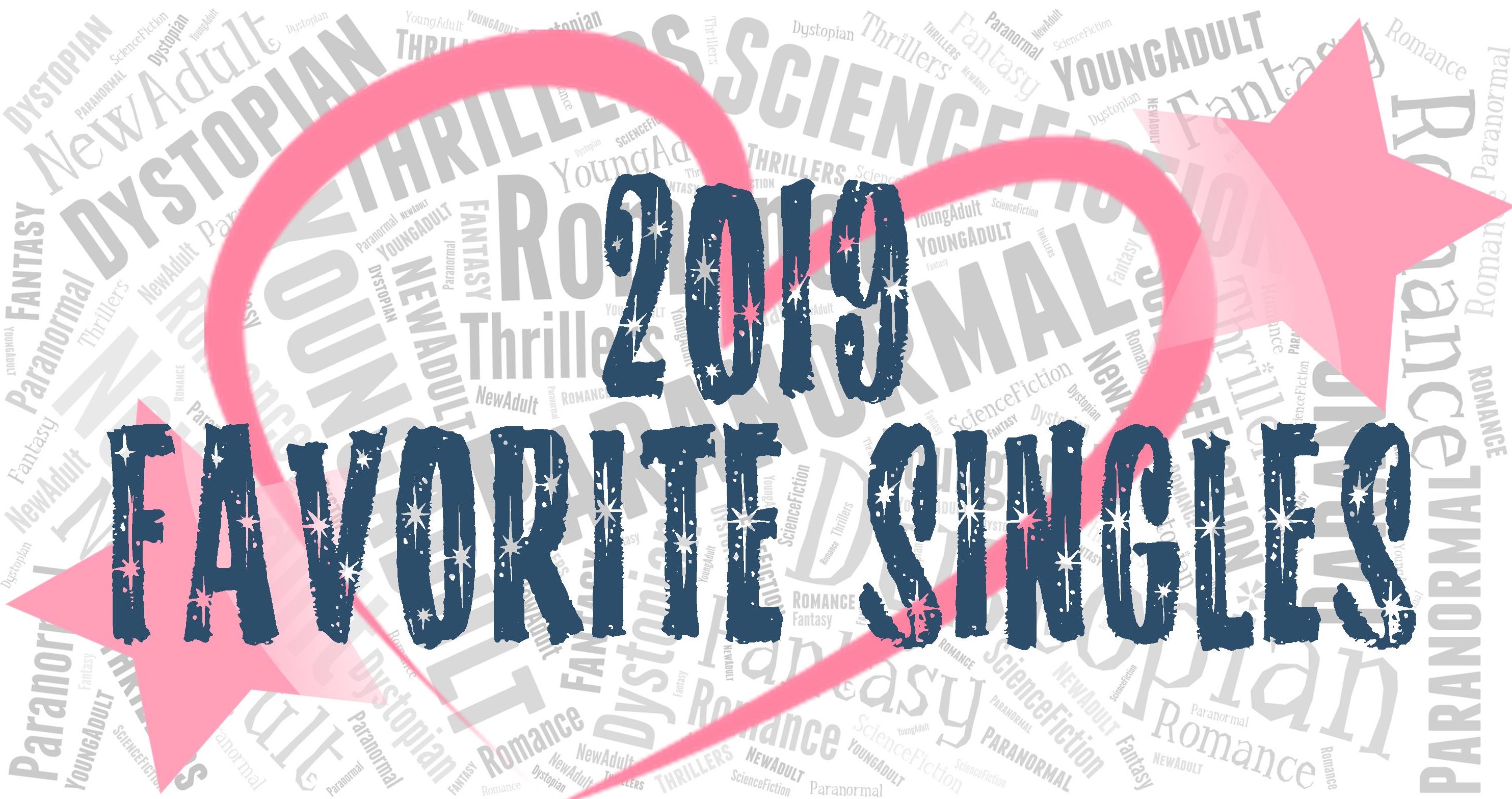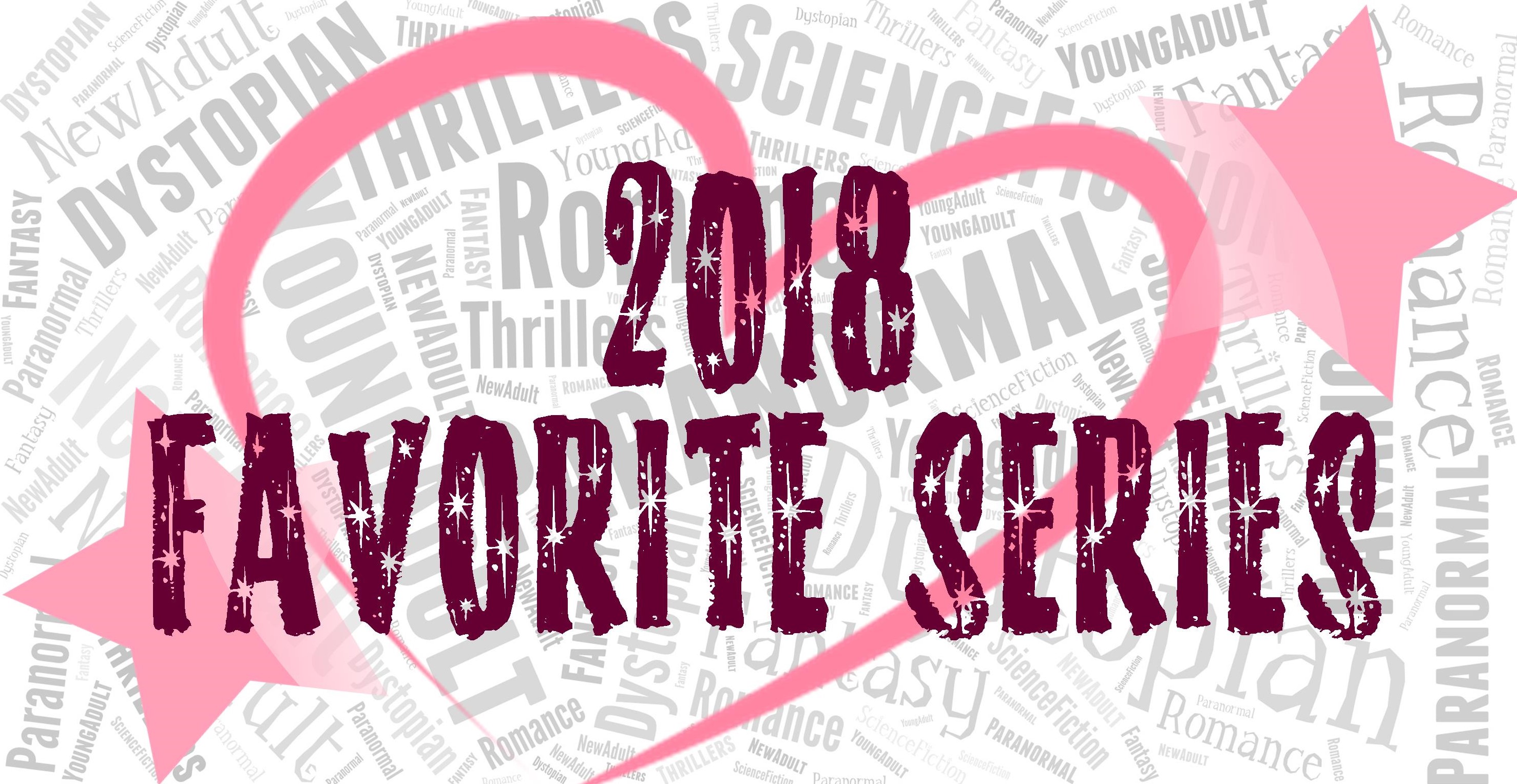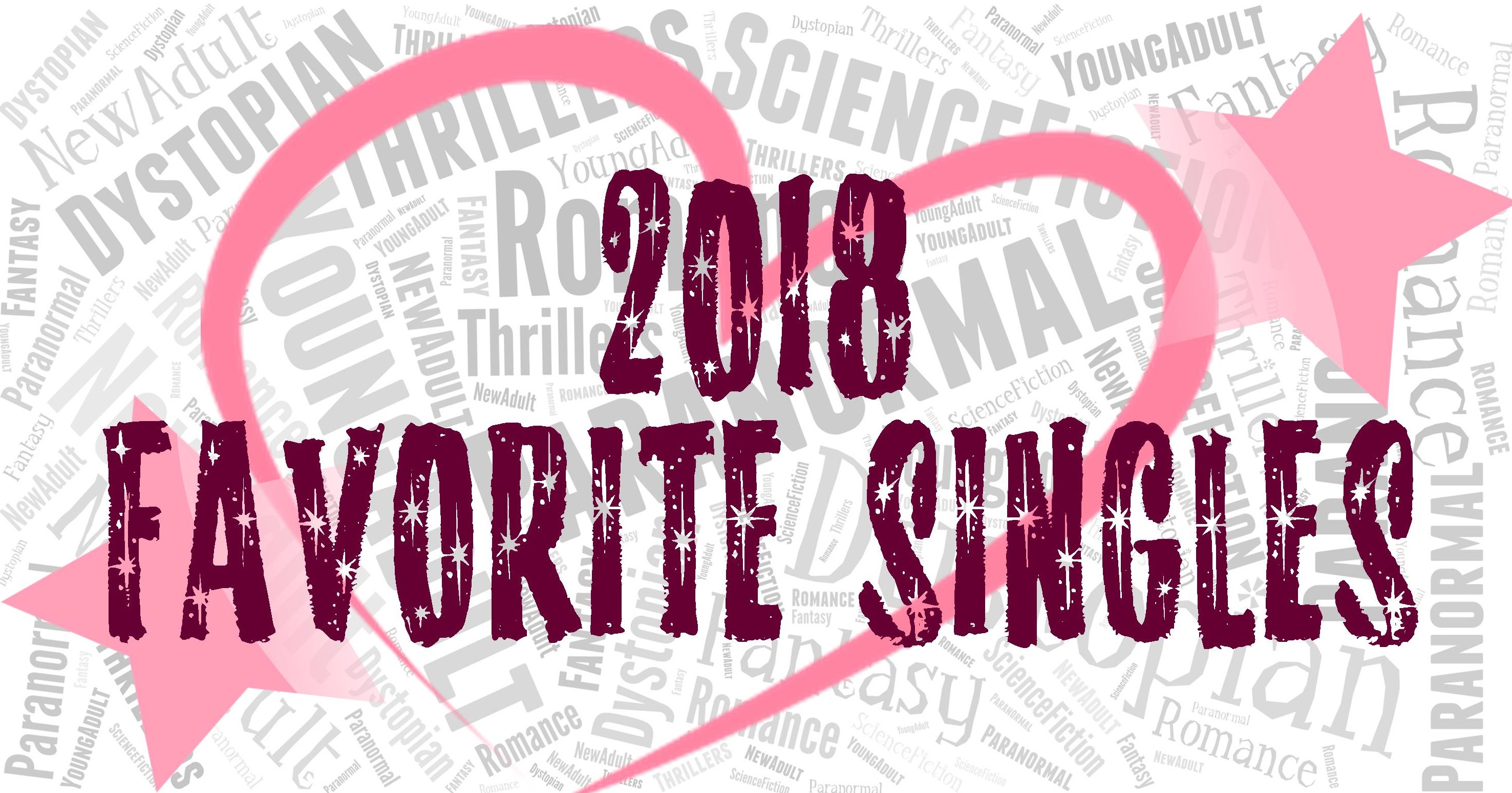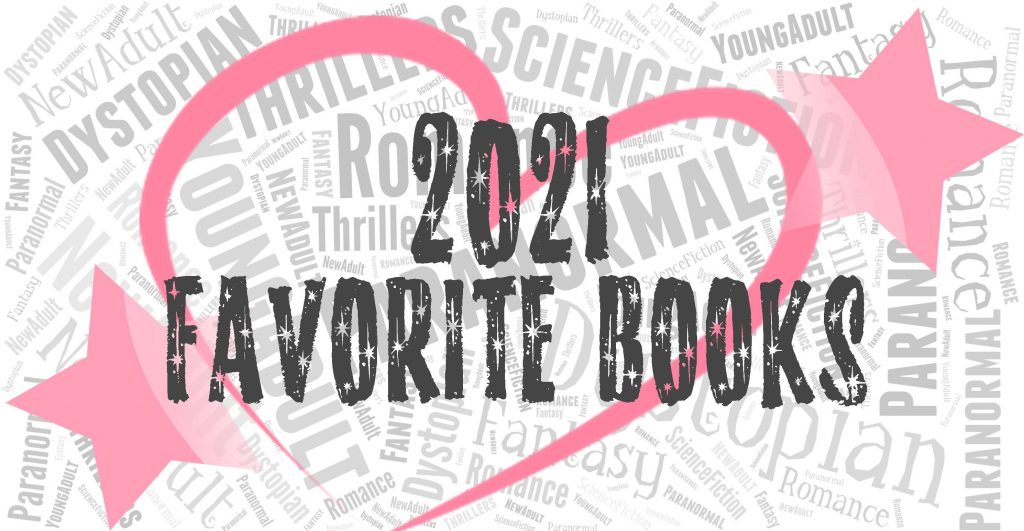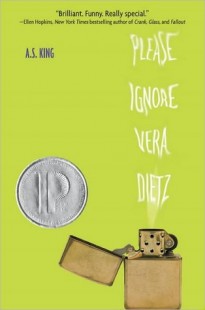 Please Ignore Vera Dietz by A.S King
Please Ignore Vera Dietz by A.S King Purchase on: Amazon, iBooks
Add to: Goodreads
Synopsis:
Vera’s spent her whole life secretly in love with her best friend, Charlie Kahn. And over the years she’s kept a lot of his secrets. Even after he betrayed her. Even after he ruined everything.
So when Charlie dies in dark circumstances, Vera knows a lot more than anyone—the kids at school, his family, even the police. But will she emerge to clear his name? Does she even want to?
Edgy and gripping, Please Ignore Vera Dietz is an unforgettable novel: smart, funny, dramatic, and always surprising.

When he was a child in his foster home, my father wasn’t allowed to eat butter. Every day he would see the family children eat it at breakfast, but never once did he break the rule. People in nowhere town, nowhere country France never stopped reminding him that he didn’t belong : part Algerian, part Parisian (like a different nationality for them really), he was the kid parents warned their children against, because god forbid any kind of open-mindedness. In the sixties, difference was not a good way to go. When my mother told me this, I cried. I cried because I had no idea. I knew that my father’s childhood wasn’t all sunshines and rainbows but he never liked to talk about it, and I didn’t press him. Truth is, I always thought that I’d had the time to sit down and really talk someday. Later.
I was wrong, because now it’s too late, and that feeling? All frustration and guilt and anger and love. Reading Please Ignore Vera Dietz felt like that, and this story reached to old and hidden parts of me I didn’t even remembered.

This is my second book from A.S. King, and by far the strongest. First she managed to perfectly capture the essence of grief : indeed it’s rarely devoid of anger – blind, unfair anger we almost never see pictured in books – and that explains partly why I could connect so strongly. People don’t warn you how mad you are when someone you love die. Sadness you expect, but anger? No, and it’s a shame really, because you can’t think clear and guilt is never far. You think you shouldn’t be angry. You think there’s a problem with you, somehow. Don’t.
This is realistic fiction at its finest, that is to say, raw and painful and crazy and beautiful. See, I’m not stranger to grief, and yet, (or because of it) books that deal with grief often piss me off so much that I’ve been delaying reading Vera’s story for more than a year now. I should have trusted my friends, because this story is nothing like the others I read before. What I have a hard time to stand in that kind of books is the “purposeful way” the death of a loved one is often used. It’s as if they would make us believe that we only lose people we love to find our destiny or some shit. Fuck that. Sorry guys, I’m a down-to-earth bitch (sorry mum, I tried!). A.S. King adds so many anecdotes that made me pause and think, “oh, yes, that“. The way you can’t help but imagine how it goes, under the earth, even if you know you shouldn’t. The way you find yourself speaking alone or consider completely impossible things. Your mind is reeling, but truth is, sometimes there’s no answers. Sometimes you have to go on to find them, and here lies the beauty of Vera’s story.
The story is organized with chapters alternating between Vera’s life in present time – after Charlie, her best friend, died – and flashbacks where we come to see how their relationship evolved during their childhood and their adolescence. All the events intricate perfectly and I found the way the story was written really wonderful because everything made sense. We think we know where the story is going, but as in real life, the journey is more important than anything here. And little by little, we realize that we didn’t really know what to expect in fact – This story surprised me.
If you’re not new to A.S. King, you know that she is more likely to insert a paranormal side in her stories. If the dreams bothered me a little in Everybody Sees the Ants, I have to say that it worked perfectly here. But then, this is Charlie, and I may be partial. I don’t care.

Both main characters are unlikeable and yet so endearing. I loved them fiercely. First of all, Charlie. Aw, Charlie, what a fucked-up you were. What a bunch of self-loathing, devil may care charm, unforgettable male-lead you are. I’m warning you here : you won’t agree with everything he did or said, but you won’t be able to stop yourself from loving him. I couldn’t. You won’t be able to stop yourself from hating him, either. He’s messed-up, an asshole, and his actions made me want to slap him – really – sometimes. But the important is, his flaws aren’t romanticized. We’re never served some crappy romance crap where unforgivable behavior is condoned. It isn’t.
As for Vera, the better way to express my feelings is to say that I could understand her : she is flawed, broken, but strong and willing to do anything she can to go on and to refuse hypocrisy. Yet she is judgmental (she kinda slut-shames at some point, yes). She is delusional. I won’t deny any of that, but she’s more. As I already said countless times, I don’t care about flaws if the characters are multi-layered. In the end, I really, really liked her because she was real and incredibly brave yet sometimes so scared. This is reality, people. We aren’t adjectives but complex human beings. She made mistakes, didn’t act when she had to to protect the ones she loves, but she is aware of that. Every fucking second of her life.
These characters never failed to make me feel deeply, and I am amazed of the depth and complexity of the relationships pictured. Vera and Charlie, Vera and her dad, Charlie and his parents – nothing’s useless, everything’s three dimensional and kinda messed-up. I loved it.
How can we escape our “destiny”? Can we, really? What of self-fulfilling prophecies? See, when I was in College I worked a lot about that kind of things – because our self-confidence is also linked to our teachers’ remarks, for better or for worse – and this is something I really care about. That’s why I found really interesting that A.S. King chose to deal with it, and in my opinion she did a great job showing that everything is always more complicated than we think : what part of our unconscious fights against the path we don’t want to follow? What part of the collective unconscious convinces us that we are going to repeat our parents’, our background’s mistakes whatever efforts we make?
How far goes the influence of others? Should we ignore them?
So many characters in this book struggle against what they think are their destiny : Vera, her father, Charlie. I couldn’t help but care for them, so, so much. My only complaint would be that I would have loved for the story to contain other strong female characters. I missed them.
Alright now, forget everything I wrote. Just FORGET IT. The truth, the real truth? I cried like a fucking baby. More and more along the way, and it wasn’t because some smart-ass decided that cancer kids were hot or some shit. It wasn’t even because Charlie dies, because really, THAT’S IN THE BLURB, ANNA. No. I cried out of rage, out of stupid decisions and SO MUCH WASTE. I cried because I can’t even count how many people Charlie reminded me. I cried because FOR FUCK SAKE, CHARLIE. I cried for Vera’s dad. I cried for all these kids who have no idea what they can do with their lives – and I don’t fucking care how lame that sounds.
I laughed, too. A lot. I’m sure it counts somewhere?
To sum-up, Please Ignore Vera Dietz is an astounding book that kept me captive – for real, I had to stop yesterday because it was 3am and ANNA YOU HAVE SCHOOL TOMORROW! I thought about it all day long and jumped on the very first occasion to resume it. Now, rare are the books that have such a great power on me. I wasn’t completely satisfied in the end, but who cares? I wanted more, but who cares? Some revelations let me down, but who cares?
… I’m still immensely impressed. *bows*
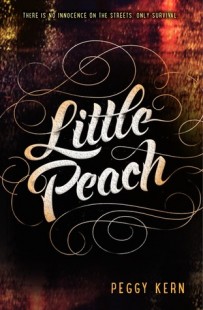 Little Peach by
Little Peach by 
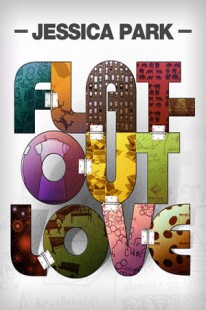 Flat-Out Love by
Flat-Out Love by 







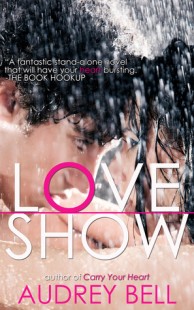 Love Show by
Love Show by 
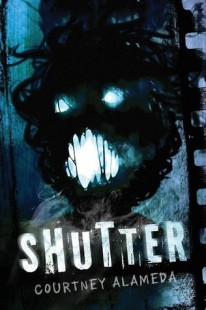 Shutter by
Shutter by 











